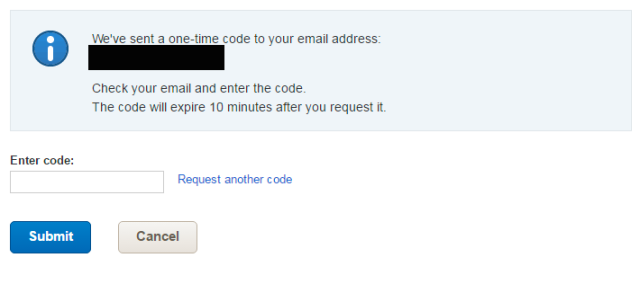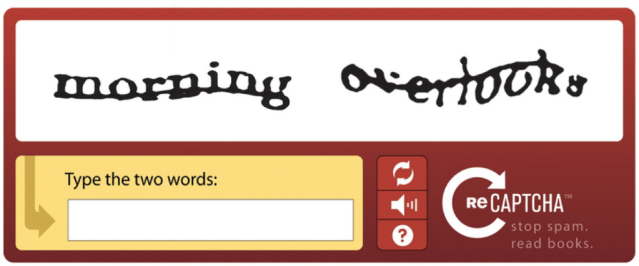
How much do you know about cybersecurity?
Test your knowledge on cybersecurity topics and terms by taking our 10-question quiz. Then see how you did in comparison with a nationally representative group of 1,055 randomly selected adult internet users surveyed online between June 17 and June 27, 2016. The survey was conducted by the GfK Group using KnowledgePanel.
When you finish, you will be able to compare your scores with the average American and see explanations for the terms and topics in each question. The analysis of the findings from the poll can be found in the full report, “What the Public Knows About Cybersecurity.”
Take the quiz and share your results with us on Twitter @PewInternet.
Question 1 of 10
What does the HTTPS at the beginning of a URL denote, as opposted to HTTP (without the S)
That the site has special high definition
That information entered into the site is encrypted
That the site is the newest version available
That the site is not accessible to certain computers
None of the above
Not sure
Question 2 of 10
Which of the following is an example of a “phishing” attack?
Sending someone an email that contains a malicious link that is disguised to look like an email from someone the person knows
Creating a fake website that looks nearly identical to a real website in order to trick users into entering their login information
Sending someone a text message that contains a malicious link that is disguised to look like a notification that the person has won a contest
All of the above
Not sure
Question 3 of 10
A group of computers that is networked together and used by hackers to steal information is called a …
Botnet
Rootkit
DDoS
Operating system
Not sure
Question 4 of 10
Question 5 of 10
Which of the following four passwords is the most secure?
Boat123
WTh!5Z
into*48
123456
Not sure
Question 6 of 10
Criminals access someone’s computer and encrypt the user’s personal files and data. The user is unable to access this data unless they pay the criminals to decrypt the files. This practice is called …
Botnet
Ransomware
Driving
Spam
None of the above
Not sure
Question 7 of 10
“Private browsing” is a feature in many internet browsers that lets users access web pages without any information (like browsing history) being stored by the browser. Can internet service providers see the online activities of their subscribers when those subscribers are using private browsing?
Yes
No
Not sure
Question 8 of 10
Turning off the GPS function of your smartphone prevents any tracking of your phone’s location.
True
False
Not sure
Question 9 of 10
If a public Wi-Fi network (such as in an airport or café) requires a password to access, is it generally safe to use that network for sensitive activities such as online banking?
Yes, it is safe
No, it is not safe
Not sure
Question 10 of 10
What kind of cybersecurity risks can be minimized by using a Virtual Private Network (VPN)?
Use of insecure Wi-Fi networks
Key-logging
De-anonymization by network operators
Phishing attacks
Not sure
You answered out of 10 questions correctly.
| Your Answer | Correct Answer | ||
|---|---|---|---|



